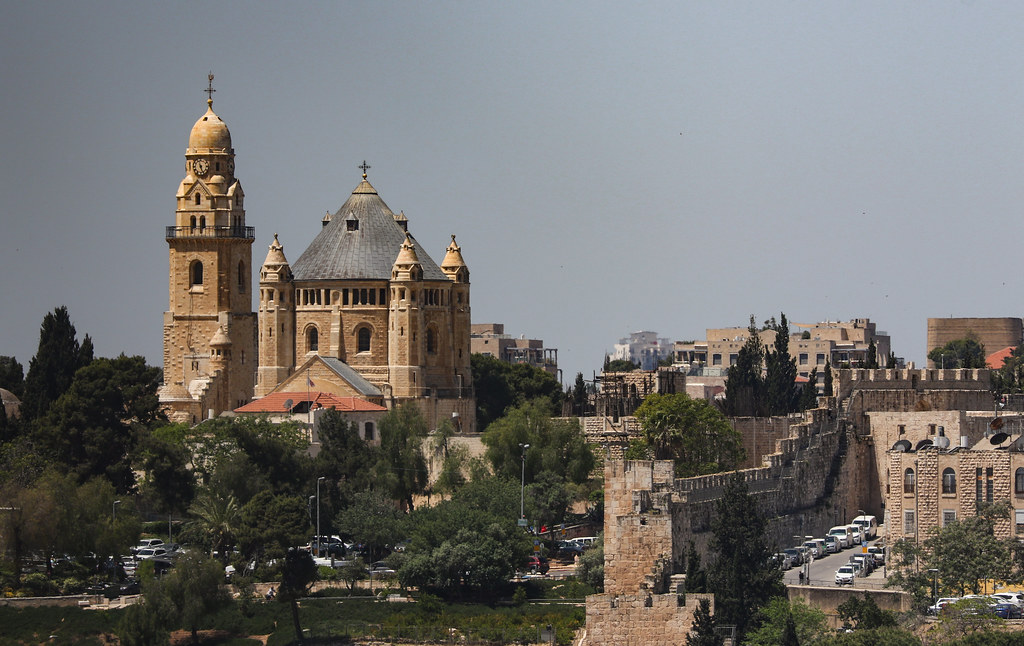
Doctoral Student Profile: Christine Bohlander
Christine Bohlander, Durham University, UK
-
Please tell something about yourself and your background
I have worked in HE in the UK in language teaching, PGR training and in employability education since 2004. I started my part-time doctorate in the School of Education at Durham University in 2015 focusing on the experience of German-speaking theology students studying at the Dormition Abbey in Jerusalem for eight months. Although I am not a theologian, I have always had an interest both in theology and the Holy Land with its religious and political complexities.
-
Please provide an outline of your project
The aim of my research is to understand and describe the experiences and perceptions that theology students of a specific year-abroad programme have in a challenging and complex environment.
My research questions are:
- To what extent do students perceive their year-abroad experience as transformative?
- How does the experience of this study-abroad programme shape students’ perceptions of their religious and political identities?
I lived with a particular cohort during the first five weeks and the last two weeks of their stay in Jerusalem. My field notes and semi-structured interviews with the students at the beginning and end as well as interviews with alumni and an analysis of reflective reports yielded insights into students’ reflections on their experiences at three different points in time, thereby making an assessment of a potential transformation of individuals possible. A preliminary outcome is the transformational long-term impact on students’ denominational identities.
-
Why did you choose an ethnographic approach?
In student mobility research, ethnographic design is considered a suitable tool for understanding and describing processes of students’ experiences, of changes in students’ perceptions and social identity construction. It suits me well with regard to my epistemology and personality.
-
Which scholars have influenced you?
Eric Meyer & Ray Land, two eminent educational scholars I got to know in Durham, developed the Threshold Concepts which I apply to conceptualise those transformational experiences. This framework has gained popularity in researching theology students.
-
What are the best, and the most difficult parts of your project?
The best part of my project was to partly live through the same incredibly fascinating experience as the students. The biggest challenge was to negotiate the right degree of participation with the gatekeeper and the students without being too intrusive.
For more information contact christine.bohlander@durham.ac.uk.